
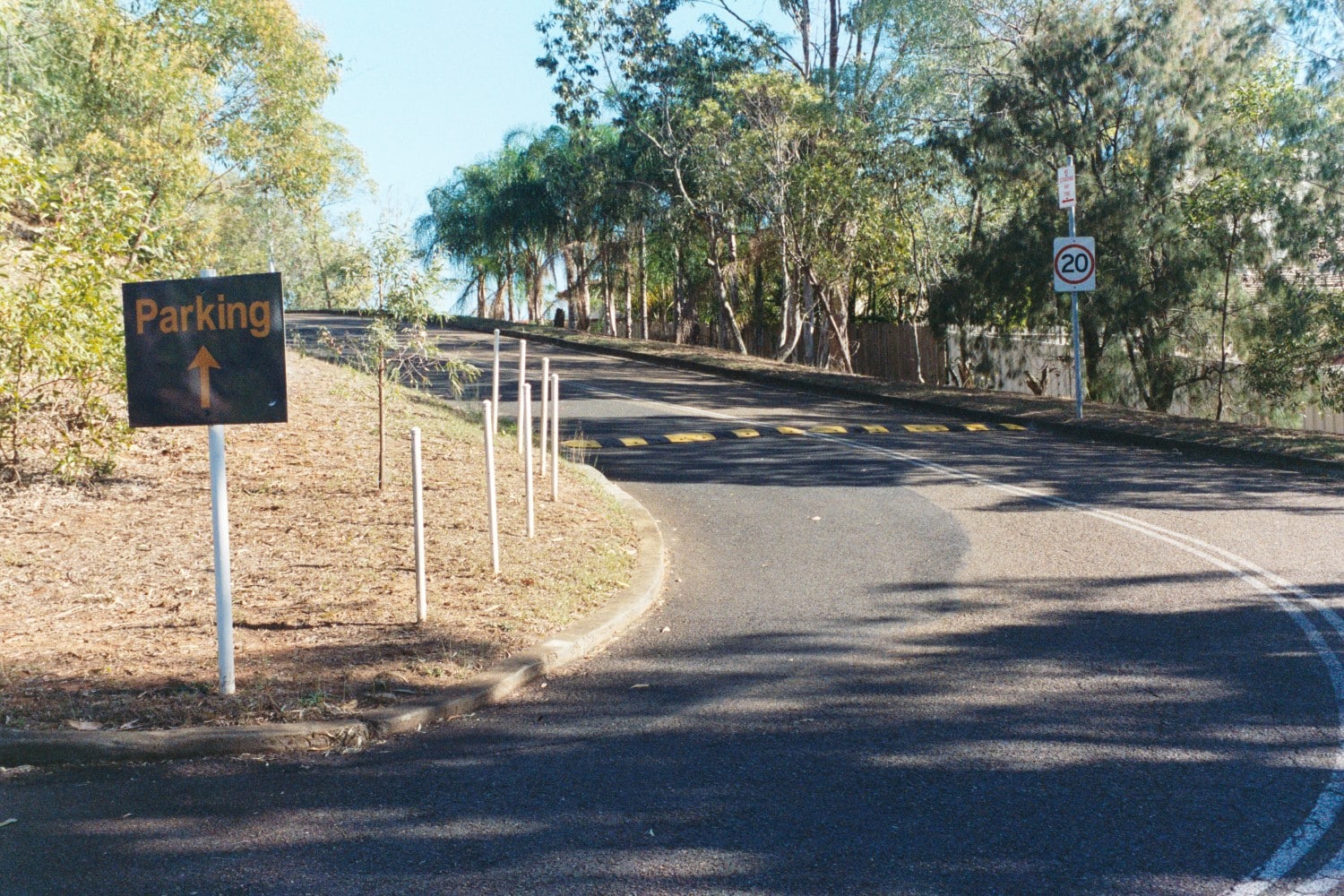
In the world of road safety, there’s no single solution that can address every risk. Instead, a comprehensive approach that combines various tools and strategies is essential for creating safer roads. Among these tools, traffic signs and speed humps stand out as two critical elements that, when used together, can significantly enhance road safety.
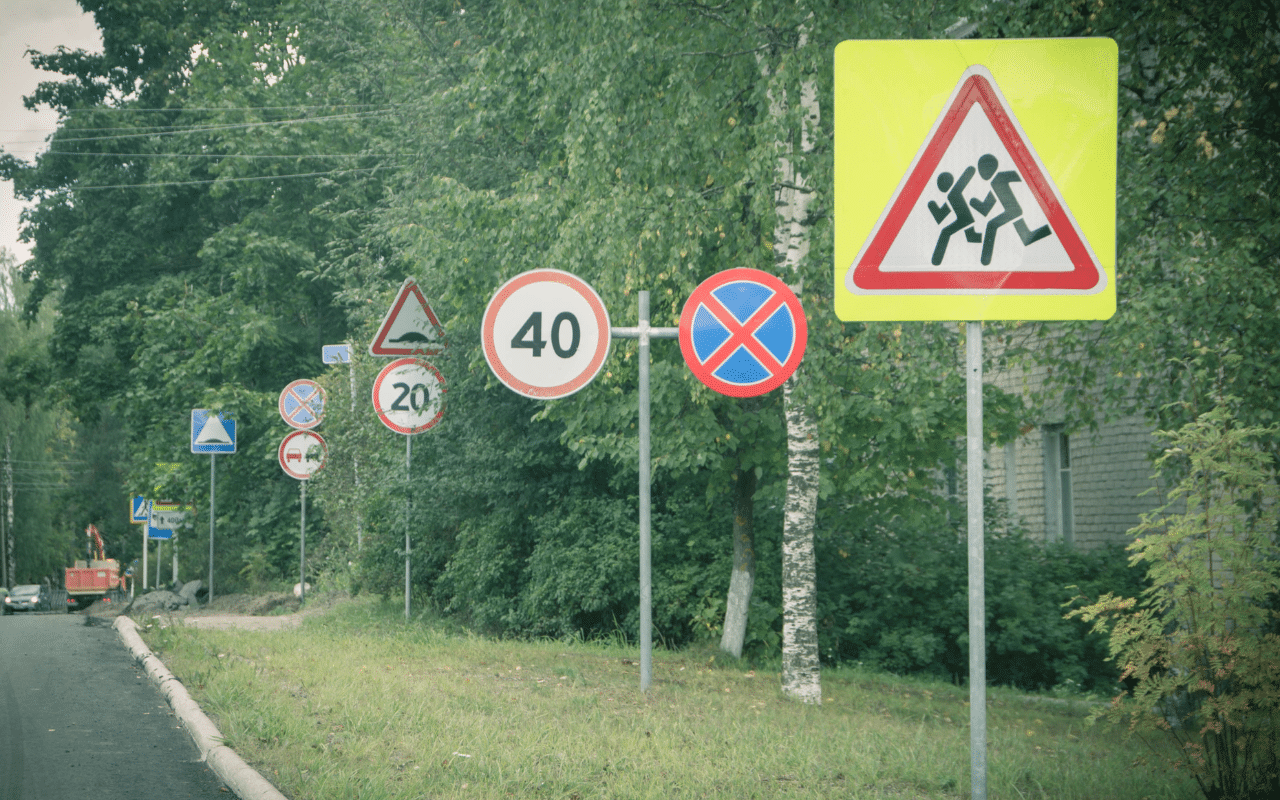 Traffic signs are the backbone of road safety communication. These signs convey essential information to drivers, pedestrians, and cyclists, guiding their behaviour and helping prevent accidents. Whether it’s a stop sign, a giveaway sign, a speed limit indicator, or a warning about upcoming pedestrian crossings, traffic signs are designed to be clear and universally understood.
Traffic signs are the backbone of road safety communication. These signs convey essential information to drivers, pedestrians, and cyclists, guiding their behaviour and helping prevent accidents. Whether it’s a stop sign, a giveaway sign, a speed limit indicator, or a warning about upcoming pedestrian crossings, traffic signs are designed to be clear and universally understood.
However, the effectiveness of traffic signs relies heavily on driver compliance. A speed limit sign, for example, can only encourage drivers to slow down; it cannot physically enforce this behaviour. Drivers often overlook or ignore traffic signs due to distraction, negligence, or deliberate non-compliance. This is where the limitations of traffic signs become apparent—they can inform and warn, but they cannot enforce.
Speed humps serve as an enforcement tool that ensures compliance with speed regulations. Unlike traffic signs, speed humps physically alter the road surface, making it uncomfortable for vehicles to speed over them. This physical deterrent compels drivers to reduce their speed, especially when maintaining lower speeds, which is crucial for safety, such as near schools, parks, and residential neighbourhoods.
The design and placement of speed humps are critical to their effectiveness. A well-designed speed hump will slow vehicles to a safe speed without causing excessive discomfort or damage to cars. Poorly designed speed humps, on the other hand, can lead to unintended consequences, such as driver frustration, damage to vehicles, and even increased pollution due to the need for cars to decelerate and accelerate rapidly.
Speed Humps Australia, for instance, provides a range of speed humps that are designed to maximise safety while minimising any negative impact on vehicles.
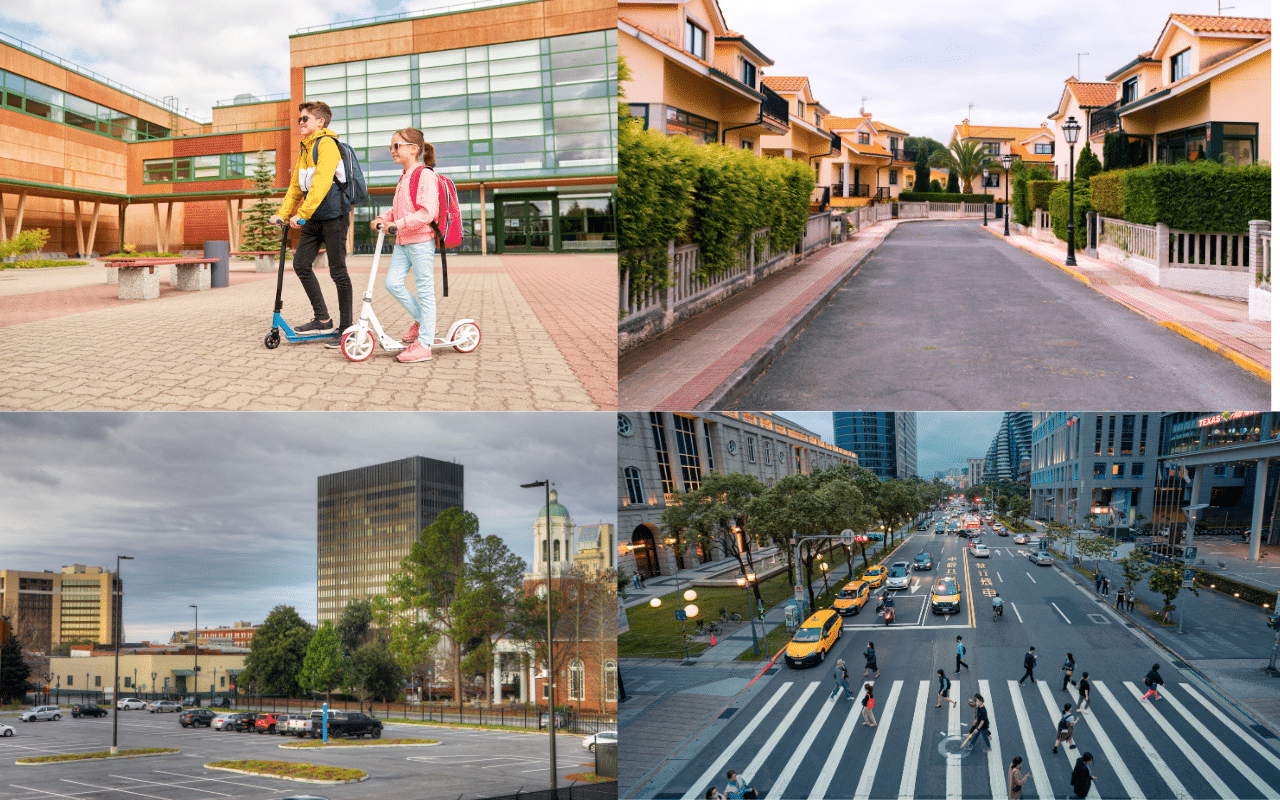
When used in combination, traffic signs and speed humps create a robust system for controlling traffic and enhancing road safety.
School Zones
School zones are areas where maintaining low vehicle speeds is essential for the safety of children. Traffic signs indicating reduced speed limits and the presence of a school zone are vital in alerting drivers to the need for caution. However, more than signs are needed to ensure drivers comply, especially during peak hours or when drivers are in a hurry.
By installing speed humps in conjunction with these traffic signs, authorities can effectively enforce the lower speed limits. Speed humps compel drivers to reduce their speed as they approach and pass through the school zone, significantly reducing the risk of accidents involving children crossing the road.
Residential Areas
In residential neighbourhoods, speed limits are often lower to protect pedestrians, especially children playing outside and people walking their pets. Traffic signs alone may only sometimes deter speeding, particularly in areas with long, straight roads that encourage faster driving.
The combination of speed humps and traffic signs in residential areas ensures that drivers are reminded to slow down and are physically required to do so. This not only protects pedestrians but also enhances the overall liveability of the neighbourhood by reducing noise and pollution from fast-moving traffic.
Commercial Areas and Shopping Centres
In commercial areas and shopping centres, pedestrian traffic is often high, with people crossing roads between shops or going to car parks. Here, traffic signs can direct drivers to slow down and watch for pedestrians, but compliance might need to be consistent during busy periods.
Speed humps strategically placed in these areas work in tandem with traffic signs to enforce lower speeds, creating a safer environment for shoppers and pedestrians. This is particularly important in large car parks where vehicles and pedestrians share space.
High Pedestrian Traffic Areas
In places with consistently high pedestrian traffic, such as near parks, playgrounds, or community centres, ensuring the safety of pedestrians is paramount. Traffic signs can warn drivers of pedestrian crossings and encourage them to reduce speed, but physical measures like speed humps provide the necessary enforcement to ensure that these warnings are heeded.
Communities can make these places safer for pedestrians by putting up speed humps and traffic signs. This will lower the risk of accidents and get more people to walk instead of driving, making the community healthier and more active.
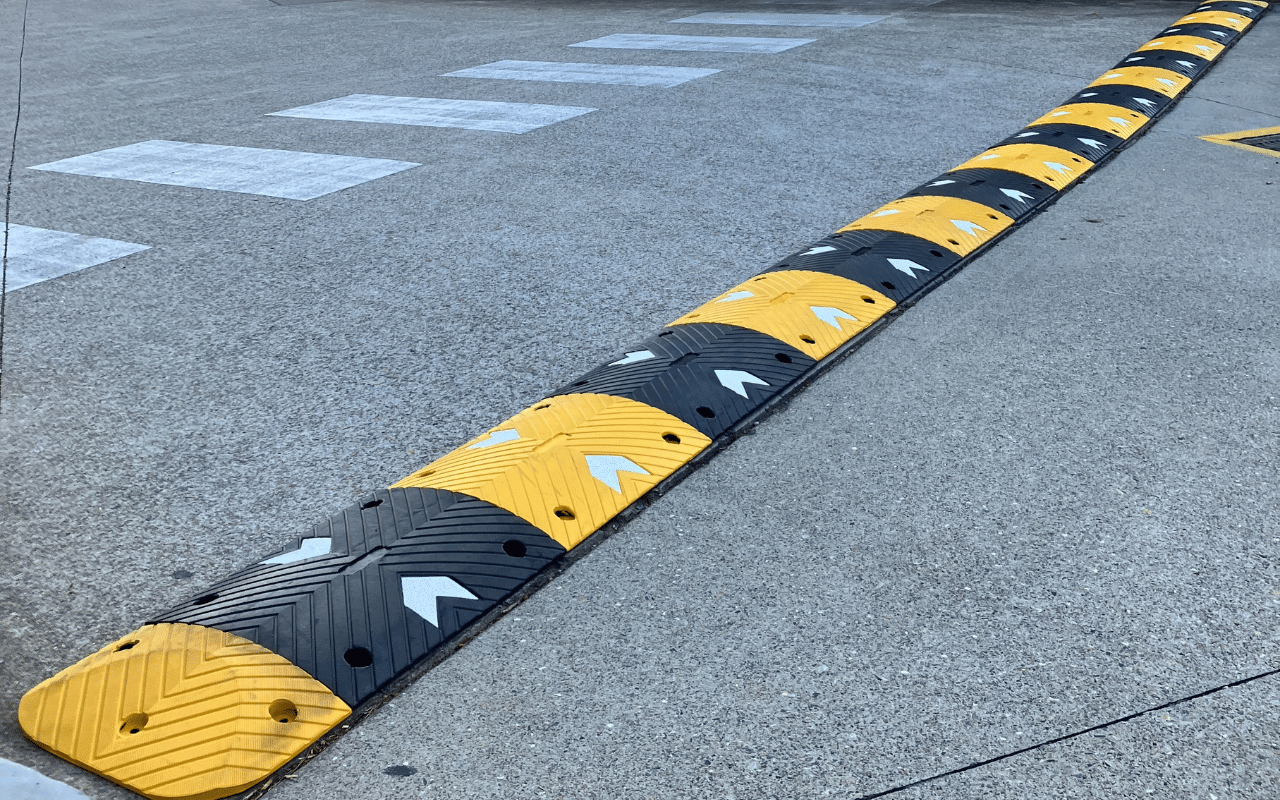
While the strategic placement of speed humps is crucial, the quality of the speed humps themselves is equally important. Poorly constructed speed humps can cause a range of issues, from excessive wear and tear on vehicles to increased noise pollution. They can also lead to driver frustration, which might result in unsafe driving behaviours as drivers attempt to avoid the humps or speed up immediately after passing them.
Speed Humps Australia is committed to providing high-quality speed humps that are designed to meet the specific needs of different environments. Whether you need speed humps for a school zone, a residential area, or a commercial space, their products are built to last and perform effectively in promoting road safety.
Their speed humps are made of solid materials that can handle high traffic volumes, and they are made so that drivers can see them easily, even when it’s dark outside. With this kind of care, Speed Humps Australia’s products not only make roads safer but also give communities and companies long-term value.
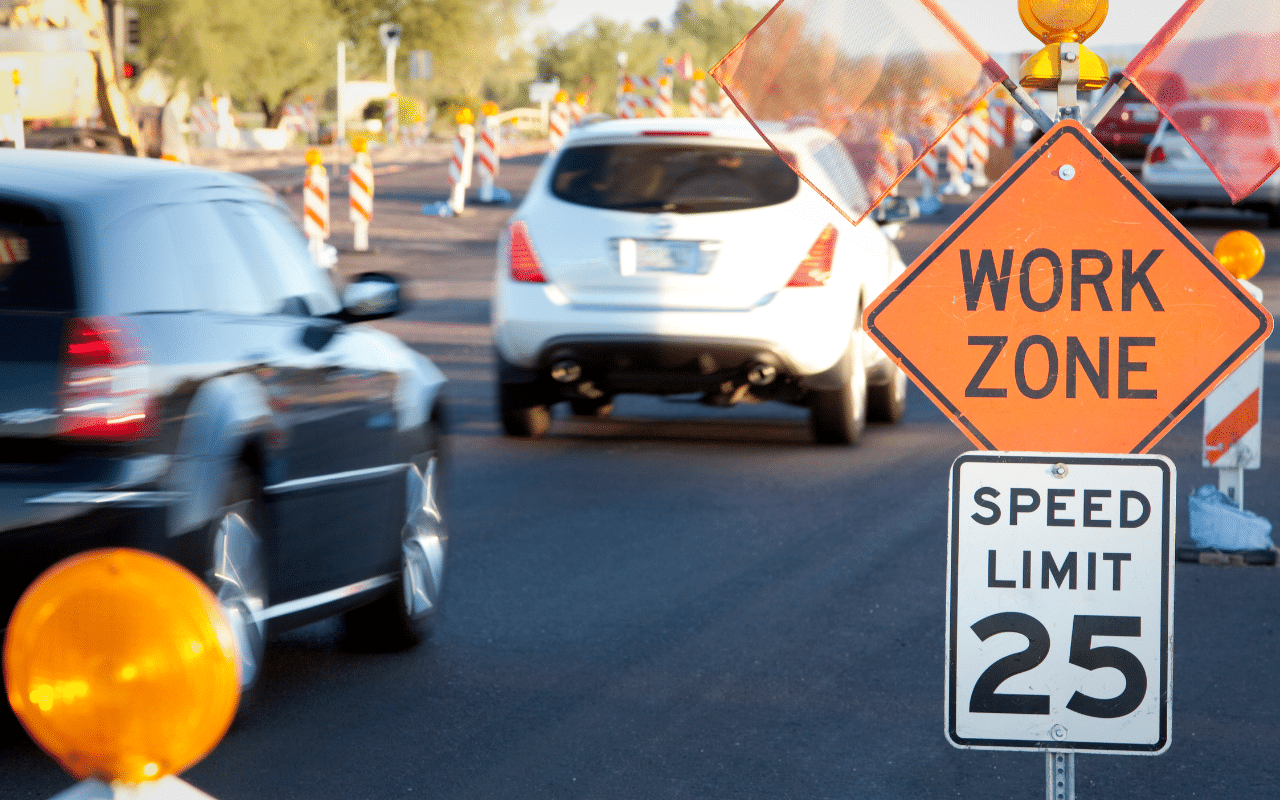
Ultimately, road safety is a shared responsibility. While traffic signs and speed humps are essential tools in creating safer roads, the cooperation and vigilance of drivers, pedestrians, and cyclists are equally important. By paying attention to traffic signs, respecting speed humps, and being mindful of our surroundings, we can all contribute to a safer environment.
For communities and businesses looking to enhance road safety, the thoughtful combination of traffic signs and speed humps is a proven strategy. By choosing high-quality speed humps from a trusted provider like Speed Humps Australia, you can ensure that your efforts to improve road safety are both practical and sustainable.
Traffic signs and speed humps are two critical components of a comprehensive road safety strategy. While traffic signs provide the necessary information and warnings to drivers, speed humps enforce compliance with speed limits and other safety measures. Together, they make a robust system that significantly lowers the risk of crashes and makes roads safer for everyone.
By investing in quality speed humps, like those offered by Speed Humps Australia, communities can ensure that their roads are not only safer but also more pleasant for everyone who uses them. Whether in school zones, residential areas, commercial centres, or high pedestrian traffic areas, the combination of traffic signs and speed humps is an effective way to create safer, more liveable environments.



For 10 years, our focus has been on one thing: to provide one style of product and to do it well.
Our wheel stops, speed humps and rumble bars meet Australian Standards, don’t fade, and we’ve never needed to replace one.

For 10 years, our focus has been on one thing: to provide one style of product and to do it well.
Our wheel stops, speed humps and rumble bars meet Australian Standards, don’t fade, and we’ve never needed to replace one.